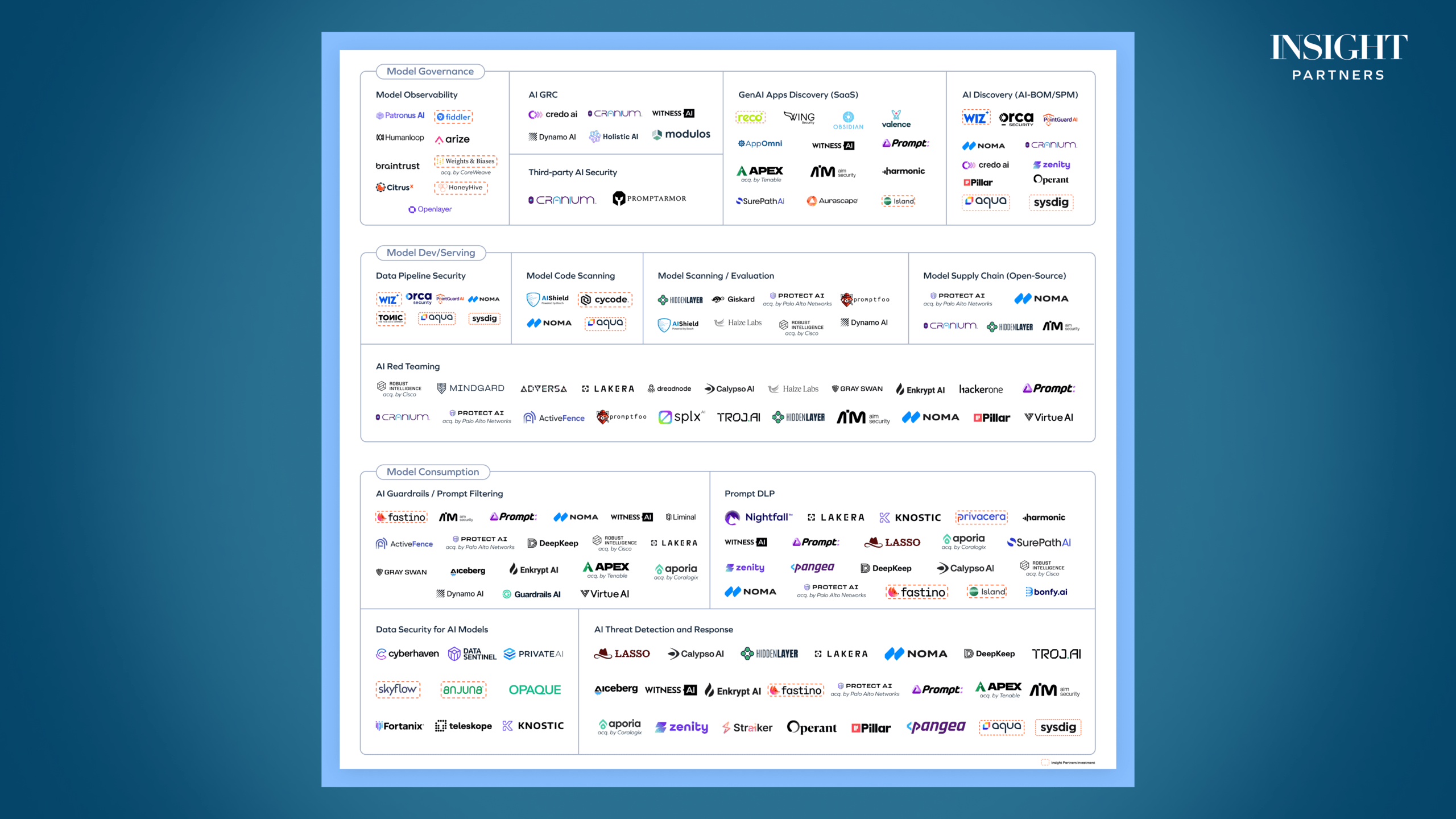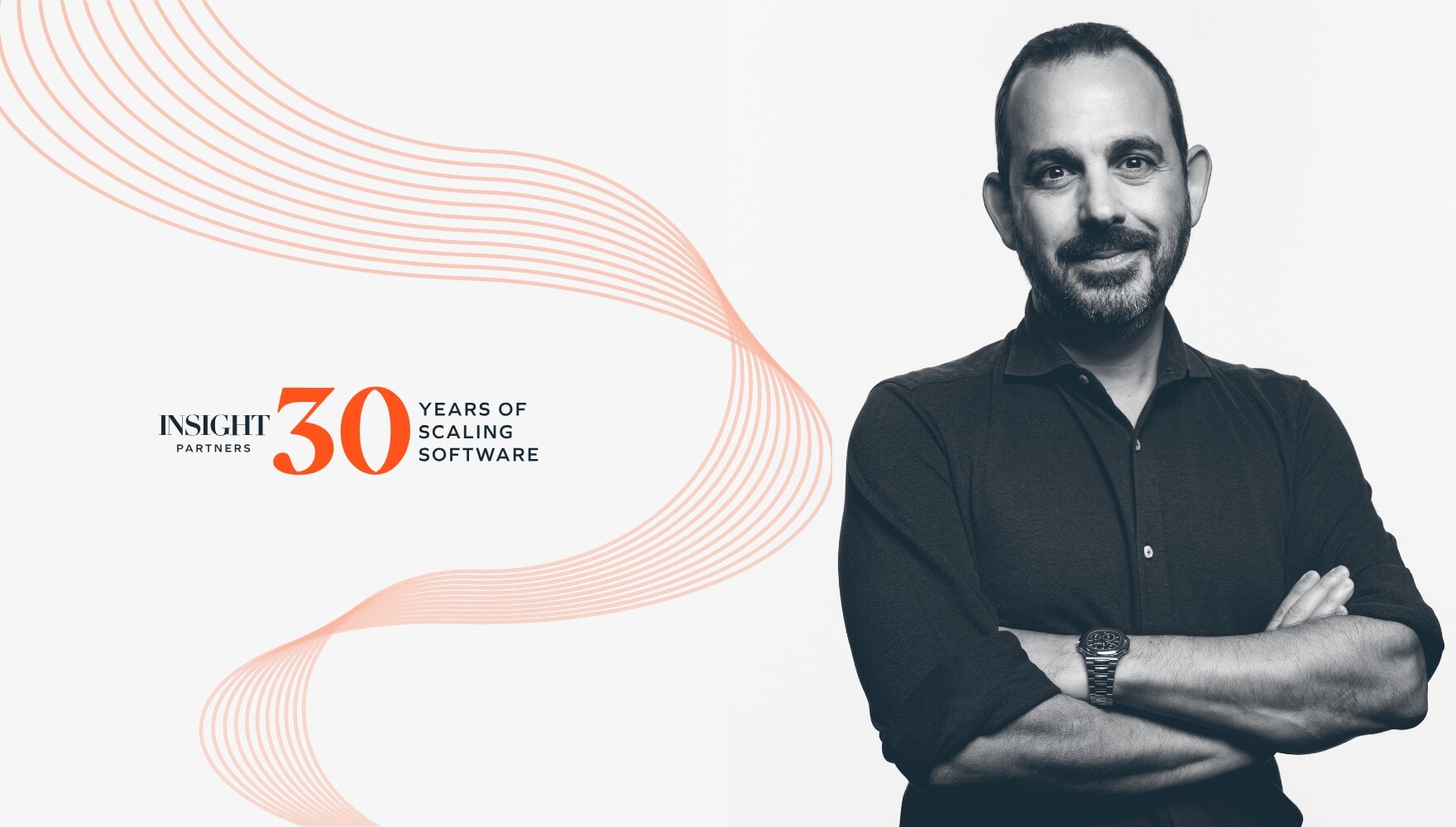From macro to micro: An investor’s perspective on adapting to AI’s rapid developments

Managing Director Lonne Jaffe explains an investor perspective on the latest AI technology developments, challenges, and known unknowns as they redefine market leadership and long-term value creation in the year ahead.
These insights came from our ScaleUp:AI event in November 2024, an industry-leading global conference that features topics across technologies and industries. Watch the full session below:
Key takeaways
- AI-driven cost disruption: Lower costs in areas like content generation, customer support, and software development are creating opportunities for market expansion — but only for businesses that strategically design models to retain a portion of that value.
- Incumbents are strategically leveraging AI: Large, established companies with access to proprietary data, robust infrastructure, and existing customers have an edge in adopting and scaling AI solutions. Startups may need to focus on niche innovations or partnerships to compete effectively.
- Tackling AI’s biggest problems: Addressing issues like hallucination, alignment, and cybersecurity opens doors for entrepreneurial solutions that will be vital in making AI trustworthy and reliable.
- Regulatory and legal considerations: The ongoing debates around copyright, intellectual property, and data ownership are not just challenges but opportunities to shape the legal landscape of AI innovation.
AI’s potential to reshape the software industry could significantly impact pricing, competition, and previously defensible business models. AI-driven capabilities are both improving product development velocity and eroding switching costs long depended on by legacy software companies.
As economic power shifts around, some category-leading incumbents will quickly adapt, leveraging their distribution, data assets, trust, and loved products to incorporate the latest AI functionality. Others will get displaced by more agile, AI-native startups.
From prediction to creation: The new frontier of AI
“AI has evolved from systems that were primarily about identifying patterns in data to becoming tools for creation,” Jaffe explained, setting the stage for a conversation about how AI is transforming how businesses operate.
“With generative AI, we’re not just using algorithms to make better decisions or forecasts — we’re enabling machines to create,” he said.
Jaffe illustrated this shift with a few examples:
- In software development, generative AI tools can now write functioning code based on simple prompts, significantly accelerating product development cycles.
- In marketing and communication, AI systems can produce tailored ad campaigns or personalized content at a scale previously unimaginable.
- In creative industries, tools like AI art generators and music composition software are empowering individuals and teams to explore new creative frontiers.
“For the first time, we’re seeing AI not just as a back-office efficiency tool but as a front-office creative partner,” Jaffe said. Whether it’s automating the drafting of legal contracts or brainstorming innovative product designs, AI is moving into roles that directly interact with customers and end users.
“For the first time, we’re seeing AI not just as a back-office efficiency tool but as a front-office creative partner.”
However, Jaffe noted that this new paradigm has its own challenges: “As AI becomes a creative tool, the quality and reliability of its outputs are critical. Businesses need to think carefully about how they validate and deploy AI-generated content to avoid risks like misinformation or brand damage.”
He also stressed the importance of embracing these tools strategically: “Generative AI is not just a competitive advantage — it’s becoming table stakes. Companies that fail to integrate these capabilities into their workflows risk falling behind.”
This evolution from prediction to creation represents a fundamental shift in how businesses approach AI. It’s no longer just about using AI to gain insights or predict outcomes — it’s about harnessing it to innovate, create, and scale in ways that were previously unattainable.
Capturing value from disruption
A key point in Jaffe’s presentation was the economic ripple effects AI is causing across industries. “AI-driven automation is rapidly lowering the costs of producing goods and services,” he said, “but what’s more interesting is how these price reductions create entirely new markets.”
Jaffe pointed to industries like content creation and customer support, where the elasticity of demand allows companies to tap into previously inaccessible opportunities. However, he was quick to note that businesses need to be strategic about capturing value from this disruption:
“Reducing costs isn’t the end goal. The real challenge is designing business models that ensure the value AI generates doesn’t get entirely passed on to customers but benefits the creators and innovators as well.”
The rise of incumbents in the AI revolution
Unlike previous tech revolutions that saw startups and ScaleUps outpacing incumbents, Jaffe observed a unique trend: “The AI transformation is tilting in favor of established players.”
He explained that incumbents have access to invaluable resources — such as existing customer bases, vast proprietary datasets, and deeply ingrained trust — that give them an edge in rapidly deploying AI technologies. “These are the companies that can afford to invest in building models, training data pipelines, and integrating AI into their existing workflows,” Jaffe noted.
“The AI transformation is tilting in favor of established players.”
While this trend might seem daunting for startups, Jaffe highlighted how smaller players can focus on solving niche problems, partnering with larger firms, or innovating in areas where incumbents face blind spots.
“Every obstacle in AI represents a market opportunity for the right entrepreneur”
Jaffe didn’t shy away from discussing the limitations and risks of generative AI:
“Generative AI is incredibly powerful, but it’s far from perfect. Hallucination — where the AI generates false or misleading information — is a major issue,” he said. He also called attention to alignment problems, cyber risks, and unresolved intellectual property disputes as areas requiring urgent attention.
Rather than framing these challenges as insurmountable, Jaffe saw them as opportunities for innovation. “Every obstacle in AI represents a market opportunity for the right entrepreneur. Whether it’s improving AI accuracy, ensuring data security, or creating better user experiences, these are the problems that will define the next wave of startups.”
“We’re standing on the edge of a transformation”
Jaffe closed his keynote by encouraging businesses to approach AI with both excitement and responsibility. “We’re standing on the edge of a transformation that will reshape industries and redefine how we work and live,” he said. He emphasized the need to not just adopt AI but to strategically integrate it into their business models to stay ahead in a competitive landscape.
Watch more sessions from ScaleUp:AI, and see scaleup.events for updates on ScaleUp:AI 2025.











